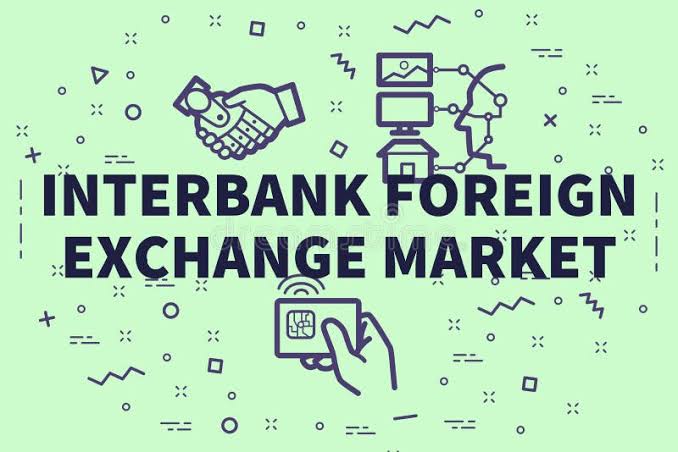Central Bank of Nigeria (CBN) has announced new guidelines for interbank foreign exchange trading under the Electronic Foreign Exchange Matching System (EFEMS). This directive, effective from November 25, 2024, aims to enhance transparency, compliance, and efficiency within Nigeria’s foreign exchange market.
The guidelines, signed by Dr. Omolara Duke, Director of the CBN’s Financial Markets Department, provide a structured framework for forex transactions among authorized dealer banks.
Key Highlights of the EFEMS Guidelines
1. Minimum Trade Requirements
- Minimum Value: Interbank forex transactions must meet a minimum trade value of $100,000, with increments allowed in margins of $50,000.
- Objective: This standardization aims to minimize financial risks and improve market structure.
2. Official Trading Platform
- Software: The BMatch platform, developed by Bloomberg, is designated as the official trading platform for EFEMS.
- Trading Hours: Transactions will be conducted from 9:00 AM to 4:00 PM (WAT) on business days (Monday to Friday).
- Initial Pairing: Initially, the system will support only Naira-USD transactions, with potential for future expansion.
3. Eligibility for Participation
Only CBN-licensed authorized dealer banks are eligible to participate, provided they:
- Execute agreements with the BMatch platform provider.
- Operate within the specified credit and settlement limits.
- Maintain accurate and verifiable trading profiles.
4. Important Trading Principles
- Binding Transactions: All trades remain binding unless mutually cancelled with CBN approval.
- Withdrawal Notice: Participants must provide 30-day notice to withdraw from the platform.
- Anonymity: Trades remain anonymous until matched on the platform.
- Reporting: Transactions exceeding prescribed limits must be reported and logged.
5. Implementation Timeline
The BMatch platform is scheduled to launch on December 2, 2024. All authorized participants must ensure compliance and integration with the system.
Objectives of the Guidelines
The CBN emphasizes that these measures are designed to:
- Improve operational efficiency in the forex market.
- Enhance market transparency and reduce manipulation.
- Strengthen oversight of forex transactions in Nigeria.
Stay tuned to 9am News Nigeria for more Breaking News, Business News, Sports updates And Entertainment Gists.
















